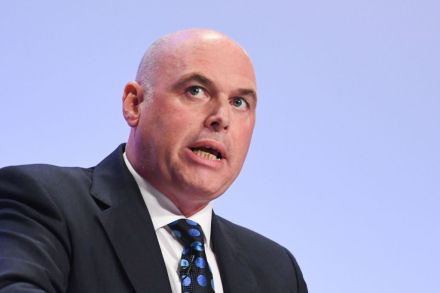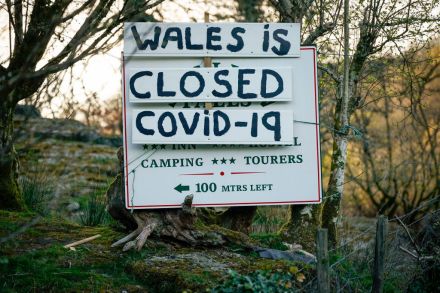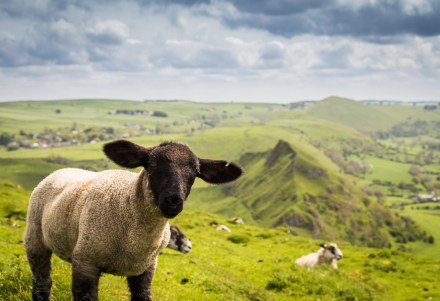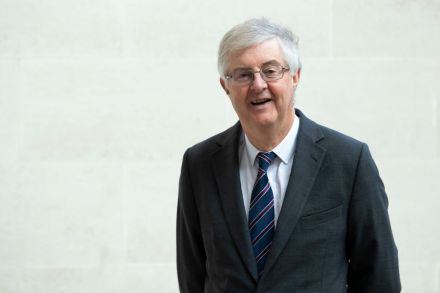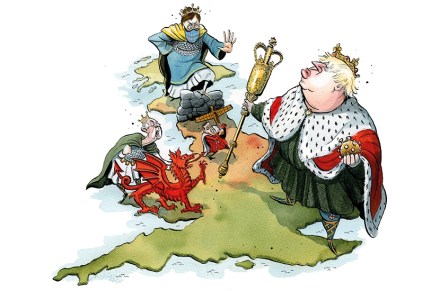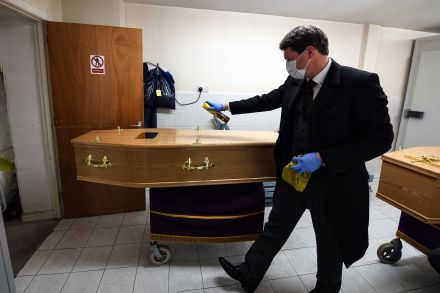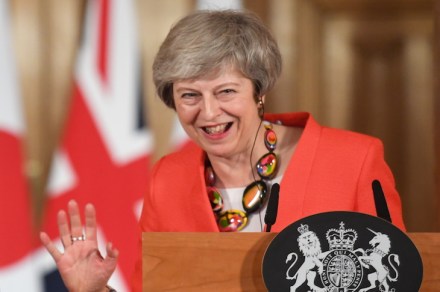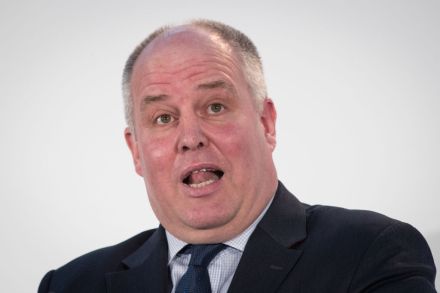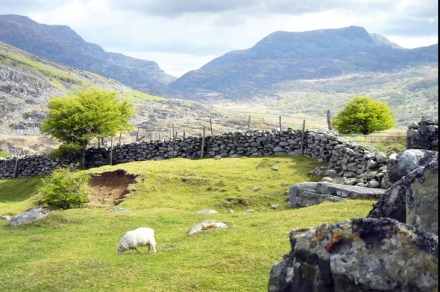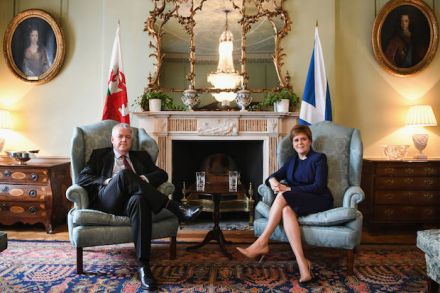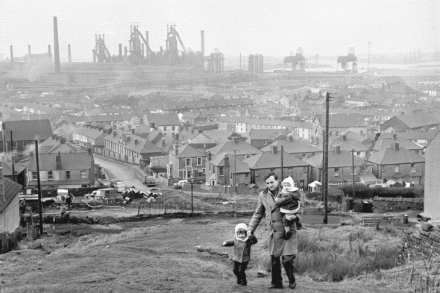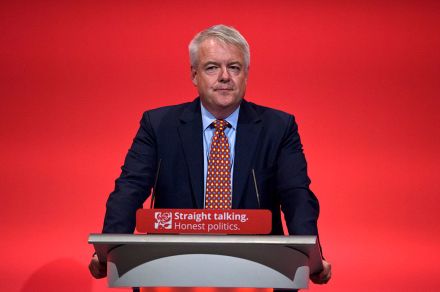Why the Welsh Tory leader has to go
For a party that is so obsessed with bursting the ‘Cardiff Bay Bubble’, the Welsh Conservatives certainly enjoy the Senedd’s tearoom. This week reports emerged that Tory members of the Senedd, including party leader Paul Davies, drank alcohol on Welsh parliament premises, days after a ban on serving it in pubs took effect. A Senedd commission report confirmed today there was a ‘possible’ breach of rules and referred the incident to Cardiff city council and the standards commissioner. It’s miserable timing for the Tories, coming four months before an election. All parties involved insist they haven’t broken any Covid rules. But while Labour’s Alun Davies has been suspended by his party, the Tories involved have
